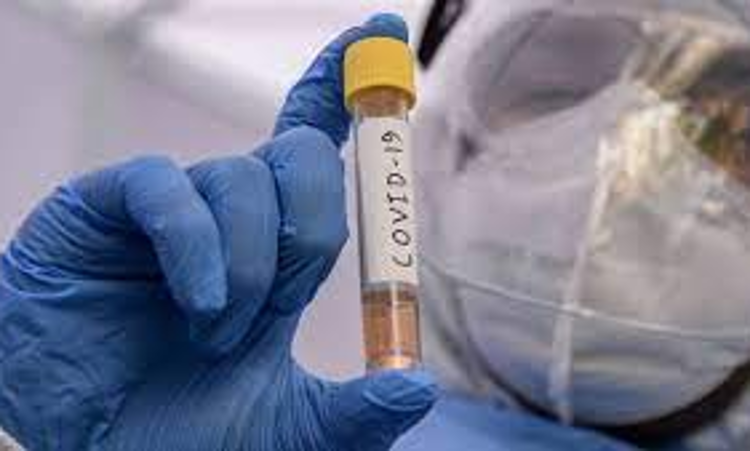The Orissa High Court clarified that the period of special parole availed by prisoners due to the outbreak of the COVID-19 pandemic cannot be counted as a period of imprisonment and thus, while counting the period of imprisonment undergone by a convict, the special parole period has to be excluded.While denying relief to the petitioner who urged the Court to release him from jail custody,...

